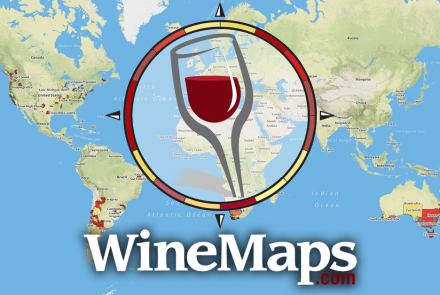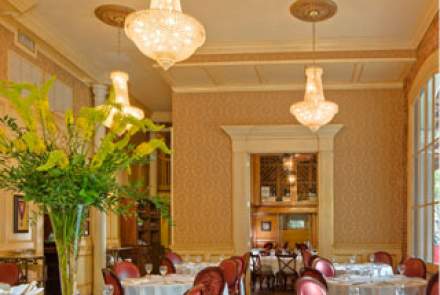Louisiana's wine regions are characterized by a unique climate and diverse geography that contribute to the distinctiveness of its wines. The state is not traditionally known for wine production, but it has a growing industry that focuses on native grape varieties and innovative winemaking techniques.
The climate in Louisiana is predominantly humid subtropical, which presents challenges for traditional grape cultivation. However, this climate is well-suited for certain hybrid and native grape varieties, such as Blanc Du Bois and Muscadine. These grapes are resistant to the heat and humidity, making them ideal for the region.
The Mississippi River and its tributaries play a significant role in the geography of Louisiana's wine regions. The fertile soil along these waterways provides a rich environment for vineyards. Additionally, the state's flat terrain and abundant water sources contribute to the development of vineyards in various locations.
Winemakers in Louisiana often focus on producing sweet and fruit-forward wines, which appeal to local palates. The use of Muscadine grapes, in particular, results in wines with a distinctive flavor profile that is both robust and aromatic.
Overall, Louisiana's wine regions are defined by their adaptability and innovation, with winemakers embracing the state's unique environmental conditions to create wines that reflect the local terroir.



































